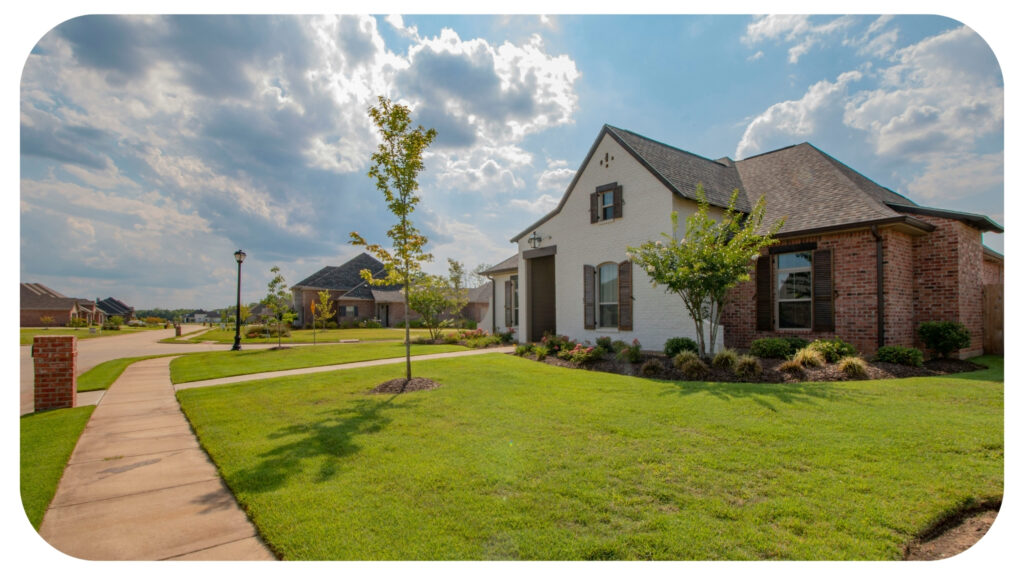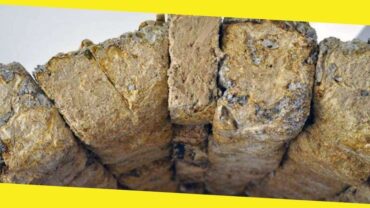Building Strong Community Relationships Through Real Estate

In real estate, the strength of community ties can make all the difference. Fostering deep relationships within a community is essential for sustainable development and meaningful local engagement. When real estate professionals actively participate in their communities, they build trust and open lines of communication that are essential for growth and collaboration.
Building strong community relationships through real estate involves creating a lasting impact that resonates throughout the neighborhood. By understanding the unique needs and dynamics of a community, real estate experts can tailor their strategies to enhance cooperation and drive positive change.
Understanding Community Dynamics
Understanding the dynamics of a community is essential in navigating the complex relationships that characterize real estate interactions. It requires a keen awareness of the social fabric that defines neighborhoods and influences decision-making. Every community is a blend of different demographics, cultures, and customs, and these elements collectively shape the needs and expectations of its members. These components collectively influence how real estate professionals should approach their roles in fostering meaningful relationships.
Demographics are the statistical characteristics of a population, and they reveal much about a community’s needs. Factors like age, income, and cultural background play significant roles in shaping these needs and expectations. Higher-income areas may have differing preferences compared to communities with lower average incomes. At the same time, cultural background shapes community values and priorities. By understanding these demographics, real estate professionals can tailor their strategies to align with what the community truly values.
Culture is more than just background; it’s a vital aspect of community engagement. Local customs and practices define how people interact and build relationships. These factors can dramatically influence a community’s openness to new developments or projects. In regions where communal activities such as fairs or festivals hold significant importance, real estate developers can engage by participating in or sponsoring these events, demonstrating commitment to the community. Customs and traditions also affect how change is perceived. Understanding and respecting these traditions fosters trust and collaboration. By acknowledging and celebrating what makes each community unique, real estate professionals can establish stronger, more meaningful connections.
The Role of Real Estate Professionals in Community Building
In a vibrant community, real estate professionals play a crucial role by fostering connections and understanding local dynamics. Their impact goes beyond transactions, helping to drive sustainable growth and a thriving environment. When they engage with intent, real estate professionals become trusted partners who understand the community’s needs.
“Building strong community ties starts with networking,” says Mike Robinson, a Utah real estate professional. “Participating in local events, community meetings, and organizations enables real estate experts to forge meaningful connections.”
Hosting or sponsoring events allows for direct engagement with residents and leaders, demonstrating a commitment to community development. Through these interactions, real estate professionals transition from observers to active participants, strengthening community relationships.
Clear communication, especially through a two-way communication channel, is essential to building trust. Real estate professionals achieve this by being transparent about projects and developments, welcoming feedback, and addressing resident concerns. A two-way communication channel empowers residents to voice ideas, ensuring their role in the development process. Regular updates via newsletters, forums, or social media foster a climate of openness and involvement. By actively listening and maintaining consistent communication, real estate professionals become an integral part of the community fabric.
Creating Value Through Community Involvement
Real estate professionals have a unique opportunity to build strong community relationships by actively participating in various local activities and initiatives. When they engage with communities, they aren’t just benefitting their practice; they’re contributing to a shared future. This involvement ensures mutual growth and enhances the value of real estate projects. By stepping into roles beyond property transactions, professionals can become integral to community development, showing a genuine commitment to local prosperity.
Community development projects are prime examples of how real estate can align with community needs to create lasting benefits. In many neighborhoods, professionals collaborate with local authorities and residents to revitalize areas, often transforming underutilized spaces into valuable resources. One successful case is the conversion of abandoned buildings into mixed-use spaces that incorporate residential units, shops, and public areas.
Another example includes partnerships with environmental organizations to create green spaces within urban settings. By turning vacant lots into community gardens or parks, real estate professionals provide residents with access to nature, enhancing the area’s livability and appeal.
Sponsoring local events is another effective strategy for real estate professionals to boost their visibility and strengthen community relations. Events such as fairs, sports tournaments, and festivals offer the perfect platform to connect with community members on a personal level. Sponsorship provides visibility and demonstrates a commitment to supporting local culture and activities.
The advantages of sponsoring local events extend beyond increased visibility. When real estate professionals contribute to these gatherings, they build goodwill and trust within the community. Residents see them not just as business entities but as partners invested in the area’s cohesion.
Challenges in Building Community Relationships
Navigating the complexities of community interactions presents real estate professionals with unique challenges. On one hand, there is the need to address skepticism and resistance. On the other, balancing business goals with the needs and values of the community. These hurdles often require thoughtful strategies and genuine commitment to overcome.
New developments frequently face skepticism within communities. Residents, concerned over changes to their neighborhood, can be resistant to projects they perceive as disruptive or misaligned with their values. Addressing this requires clear, open communication.
Real estate professionals must start by listening. Understanding specific concerns and fears helps in crafting responses that resonate with the community. Inviting residents to participate in discussions about projects can be effective, reassuring them that their voices matter.
Transparency in sharing project details reduces suspicion. When developers explain the benefits and potential impacts in straightforward terms, skepticism often begins to melt away. Consistent updates and opportunities for feedback help maintain trust throughout the project lifecycle. This approach transforms adversaries into allies, reinforcing that the development respects community integrity.
Community welfare doesn’t have to contradict business goals. Projects that respect local culture and enhance neighborhood quality can also drive property value. Real estate professionals should consider collaborations with local artists, vendors, and service providers, creating economic opportunities that benefit both business and community.
Building Strong Community Relationships Through Real Estate
Real estate professionals have the power to shape communities in ways that benefit all involved, going beyond property transactions to foster trust, understanding, and a sense of belonging. This approach aligns developments with local needs while meeting business goals.
Active listening is essential for understanding community needs. Real estate professionals gather feedback on resident concerns, hopes, and values, interpreting underlying sentiments to adapt strategies that genuinely reflect community desires. Regular conversations and surveys build trust, showing residents that their voices shape the future of their neighborhood.
Developing local partnerships with schools, nonprofits, and businesses also strengthens community ties. These alliances support initiatives and create joint events, shared services, and projects that boost the area’s appeal. By building lasting partnerships, real estate professionals show they are committed, enduring contributors to community well-being and growth.
Recommended For You
Mushrooms Bricks Can Replace Concrete
Most Inside
Most Inside offers high-quality recommendations and valuable updates to enhance all aspects of your life, providing premium guidance and enriching experiences.




